When the Foo is on the Other Shüte (I Mean When the Shoe is on the Other Foot)

Experienced Rehabilitation Psychologist, Joyce Fichtenbaum, PhD, reflects on the important distinctions between wants and needs, and waiting, anticipating, and planning when facing life altering diagnoses and addressing the unknowns of health and illness.
DPT Program Stages an Art Show: Using Art to Develop a Heart for the Profession of Physical Therapy
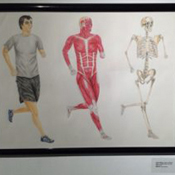
Sue Klappa, PT, PhD, and colleagues discuss how Doctor of Physical Therapy (DPT) students created visual art projects to gain a deeper understanding of how physical therapy transforms society and improves quality of life for patients.
War Photography: The Physical and Psychological Costs

Exploring the lives and careers of 12 extraordinary war photographers, Anthony Feinstein, PhD, underscores the grave danger these visual historians encounter when covering conflict and raises our awareness of the individuals behind the camera, who risk their lives to bear witness to violence and suffering.
Poet in Profile: Larry Eigner
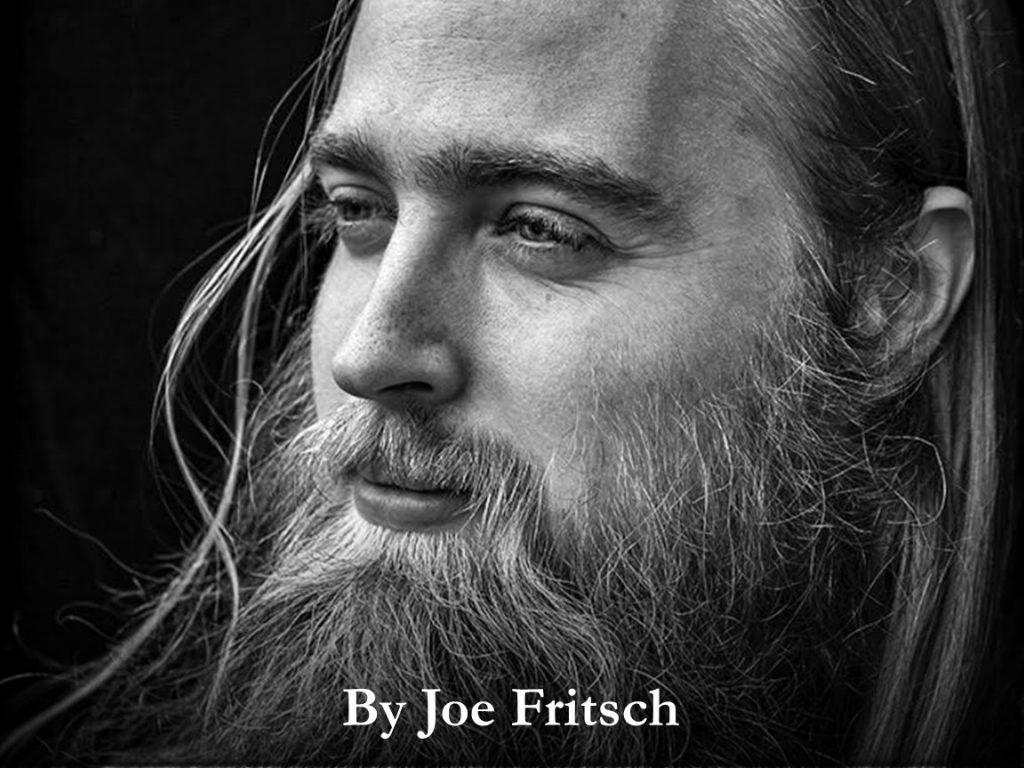
English doctoral student Joe Fritsch provides an introductory look into the complex visual poetics of Larry Eigner (1926-1996), a poet with cerebral palsy, who developed his artistic practice over a lifetime.
Blurring Lines Between Arts and Sciences

Welcome to the Spring 2017 issue of the Journal for Humanities in Rehabilitation. We celebrate educators who blur the lines of arts and sciences as they reveal the true interconnections which drive both innovation across fields and also a deeper meaning individually within ourselves.
Healing Hands
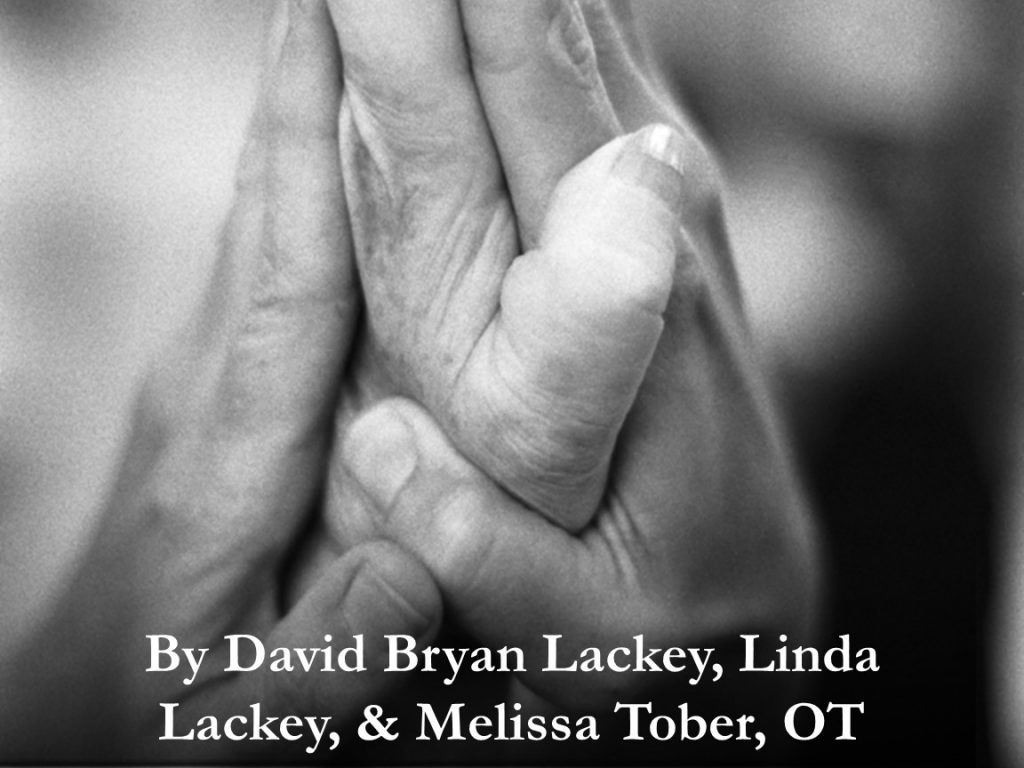
Reflecting on his devoted relationship to his wife, Linda, and her rehabilitation with Occupational Therapist, Melissa Tober, David Bryan Lackey shares the powerful story that inspired the photograph “Healing Hands” and the resultant formation of the Healing Hands clinic which showcases professional images of hands from around the world.
Our Roots as Rehabilitation Specialists
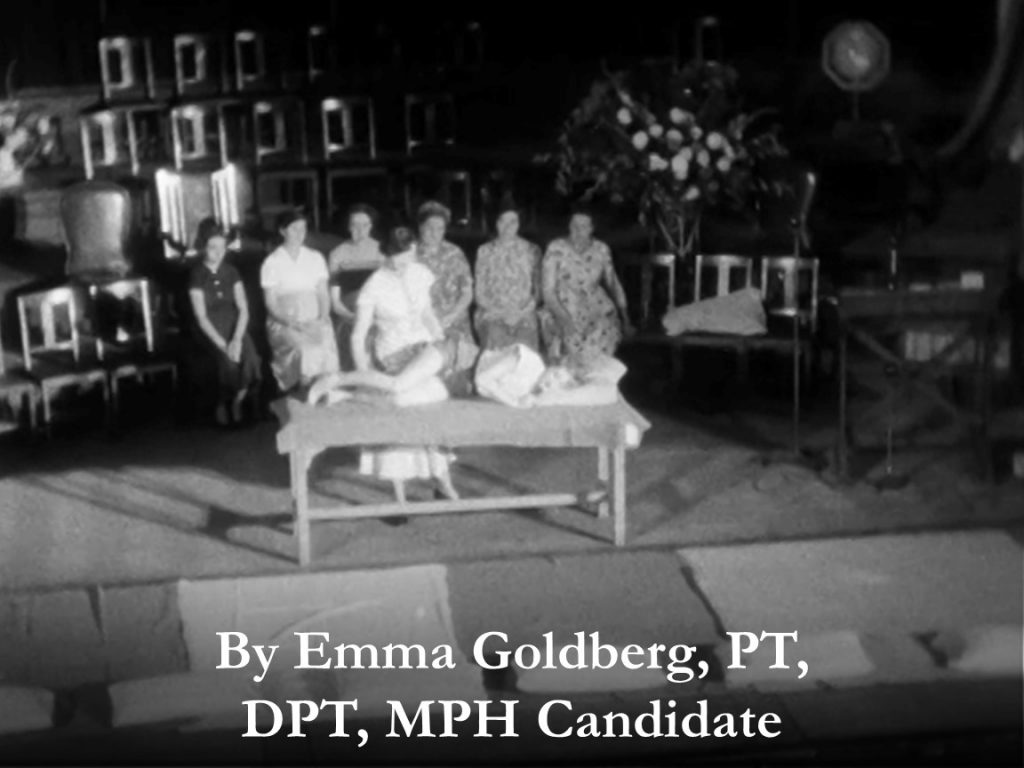
Vintage 1951 video footage from the first World Confederation of Physical Therapy (WCPT) lays the framework for historical reflections on the evolution of Physical Therapy and rehabilitation, tracing roots of professional identity to distinct cultures and practices from around the world.
Healing Bodies with Diverse Minds
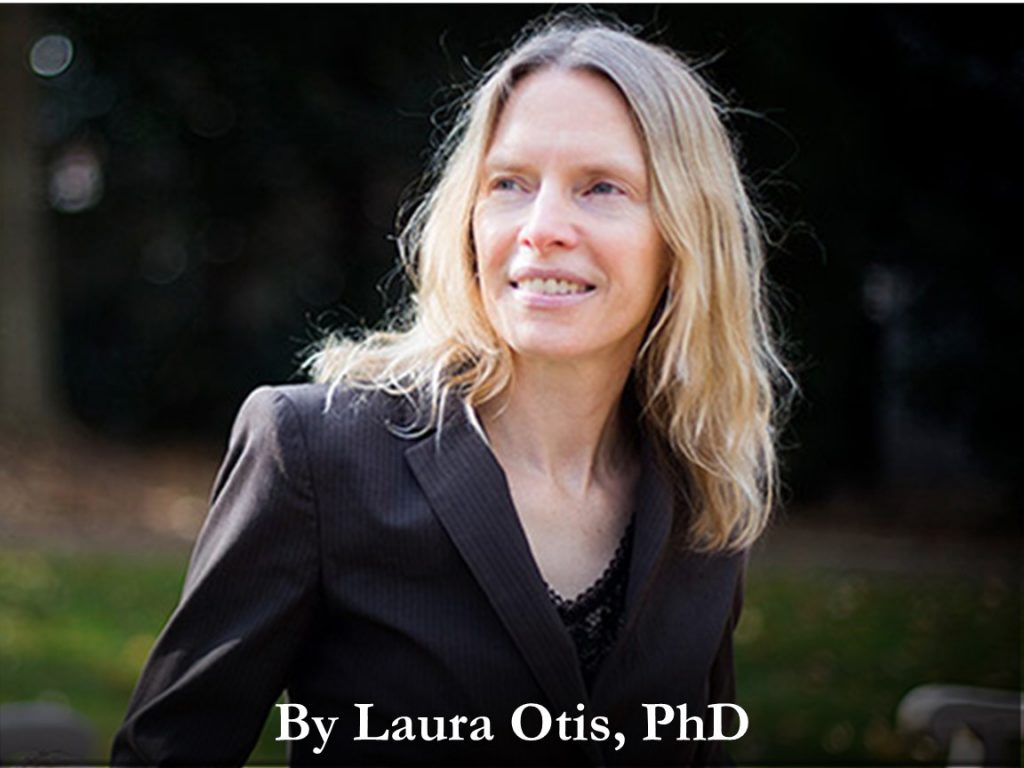
In her book, Rethinking Thought, Laura Otis, PhD, explores how differently people receive information and applies these lessons to create strategies for improving patient centered care and maximizing learning.
Henri de Toulouse-Lautrec: Disability and Art in Fin-de-Siècle Paris
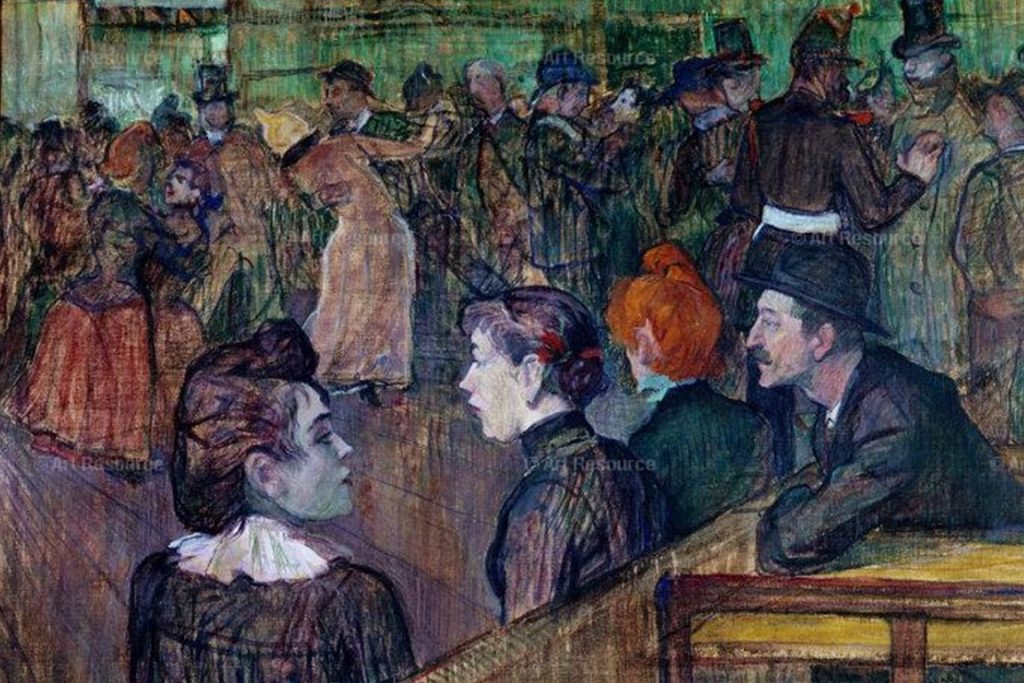
Fourth year medical student John David Ike explores Toulouse Lautrec’s physical disability and its impact on his art in fin-de-siècle Paris.
Matisse: Innovation in the Face of Physical Limitations

Perspectives in Art Section Editor Siobhan Conaty discusses the role of physical disability in the life of artist Henri Matisse.

